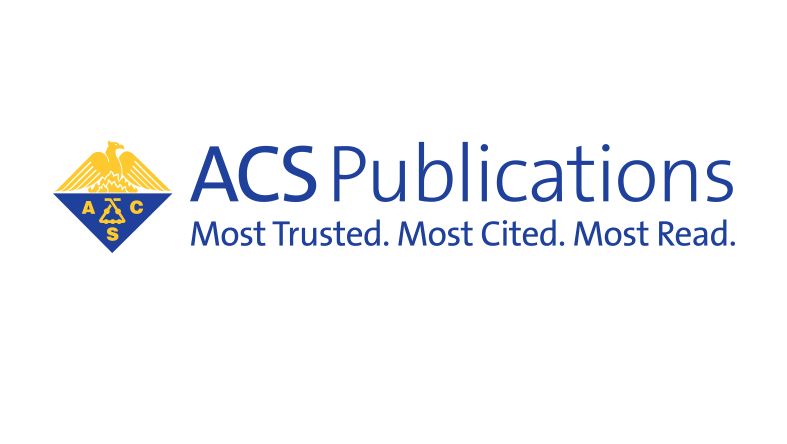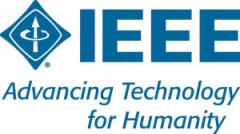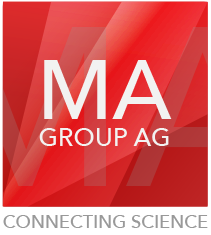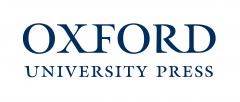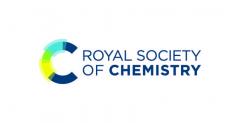Please note that all of the recordings of the conference are now openly available Scroll down for the link. The UKSG Annual Conference and Exhibition 2021 will be held online for the first time. The event is a major event in the scholarly communications calendar which attracts a large number of delegates each year from around the world – librarians, publishers, content providers, consultants and intermediaries. The conference combines high-quality plenary presentations, lightning talks and breakout sessions with virtual social events and a major online trade exhibition.
When
Where
Monday, April 12, 2021 – 09:00 BST
to
Wednesday, April 14, 2021 – 14:00 BST
Online
United Kingdom
About
Sponsors
Programme
Feedback
Registration
Contact
Map
Share
About the Event
Delegate Registration
Bookings for the conference have now closed.
If you have booked and have an access query, please email UKSG 2021 @ Underline <uksg2021@underline.io> where they will be able to help you. You will have needed to set up an account at http://www.underline.io and clicked on the Confirm Account in the email you received.
You can also use the headset icon on the Underline site.
Please see scroll down for the latest programme – note: all session timings are UK/British Summer Time (BST).
Programme
Scroll down the page for the full programme. Our conference was hosted by Underline.io and all recordings are now openly available here: https://underline.io/events/53/reception

Our exhibitors and sponsors are hosting their own events during the exhibit hours – please see the list of activities here.
Exhibition
Social Media
Accessibility
How to turn on closed captioning on the Underline platform – Accessibility: Conference transcripts/captioning details
UKSG wants to provide the best possible experience for all our delegates, making presentations as accessible and inclusive as possible. We strongly encourage our speakers to provide auto-generated closed-captioning for both live and recorded events as well as making sure the slides as easy as possible for all people to read. In addition we can provide auto generated transcripts post-event for each of the recorded sessions.
If you have particular accessibility needs or questions about this event, please contact events@uksg.org
Delegate Information:
More details on the event platform technical requirements
All presentations have been recorded and available to watch on demand to registrants on the Underline.io platform.
2021 John Merriman joint NASIG/UKSG award
The UK award is again supported by the generous sponsorship of Taylor & Francis Group the winner will receive free registration at the 44th Annual UKSG and the 36th Annual NASIG.
Named in honour of John Merriman, in recognition of his work in founding both UKSG and NASIG, this prestigious award provides an invaluable opportunity for anyone keen to learn and share experiences from a different angle.
Bursaries for #UKSG2021
We are pleased to say that we have offered bursaries and scholarships to 35 individuals from across the sector and around the world, enabling them to attend UKSG2021 this year. Our thanks to AAAS, Adam Matthew Digital, Cell Press, Content Online, Cambridge University Press and Wiley for supporting our bursary programme. (Please remember to visit them in our virtual exhibition!)
Key Sponsors
Gold Sponsors


















Silver Sponsors




Programme
- Day 1 – 12 April
- Day 2 – 13 April
- Day 3 – 14 April
Time
Programme
Speakers
09.00
Breakout Sessions: Group A
More details on individual speakers can found the under Breakout Session Group A tab.
** ALL TIMINGS ARE BST **
09.30
Chair Yoga with Poppy
Kindly Sponsored by AIP Publishing
11.15
Opening of the conference

Andrew Barker
Lancaster University
See Biography
Andrew Barker has been Director of Library Services & Learning Development at Lancaster University since September 2019. Prior to that he held a number of senior roles within diverse university libraries, including the University of Liverpool and Liverpool John Moores University. Andrew was Chair of UKSG between 2018 and 2022, and has been Vice-Chair of SCONUL since December 2021.
11.30
Lightning Talk Group A – Advancing open data: implementing an Open and FAIR data sharing policy
This lightening session will outline our experiences of implementing a progressive data sharing policy across a number of Earth Science journals at Taylor & Francis. Including the impact on our systems and feedback from other stakeholders involved. Such policies place significant new responsibilities on individual researchers, including how and where they preserve their data. This session will therefore be of particular interest to those involved in supporting authors to follow new data sharing requirements. It will also give a fascinating insight into how different parts of the scholarly communications community are working together to drive the data sharing agenda
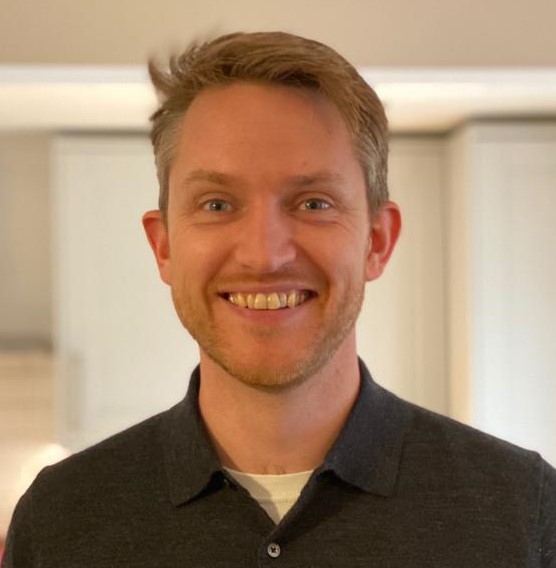
Matt Cannon
Associate Director Biochemical Society/Portland Press Ltd
See Biography
Gaynor is committed to develolping sustainable and fair routes enabling authors the choice of not for profit journals in which to publish their research.
11.38
Lightning Talk Group A – Engaging the public in academic research – what has open access done for the wider community?
Wider access to academic research is recognised as a benefit of open access but what does that mean for the public? With an increasingly educated population, more people want access to reliable information.
In 2019, the library research support teams at the University of the West of England and University of Bristol, delivered a public engagement event at a local public library. This aimed to showcase the tools available to access academic research outputs and provide guidance on how to appraise the information found.
This talk will explore the feedback received and next steps in response to Covid 19.
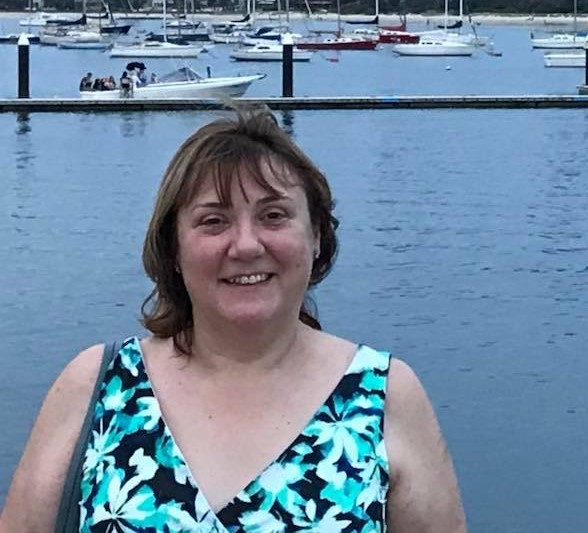
Jane Belger
University of the West of England
See Biography
Jane Belger has been Research and Open access librarian at the University of the West of England since 2014, having previously held a number of customer service roles. Her focus as part of the Library research support team is providing training on open access and data management for research staff and students as well as managing open access publishing payments and the UKRI block grant.
11.46
Lightning Talk Group A – Castles, airports and indexes: impact beyond impact factor
In 2005, Brougham Castle Bridge in Cumbria, UK, suffered significant storm flood damage and partially collapsed. Cumbria County Council paid a UK structural design firm £1.15 million to conduct repairs, and in 2019 the paper of its renovation was published. Unfortunately, academics who wish to write about real-world impact will find systemic barriers to themselves publishing in a journal that prominently features practitioners, leading them to often do so ‘off-the-books’. What is the future post-UKRI ‘Pathways to Impact’? This talk identifies the challenges that practice-oriented journals face in a metric-driven research environment.

Ben Ramster
ICE Publishing
See Biography
Ben Ramster is Journals Manager at ICE Publishing, of society and UK charity the Institution of Civil Engineers. He has >15 years of experience working in journals editorial teams, first at Elsevier (life science) and then for a medical communications agency working with the pharmaceutical industry. He has seen ICE Publishing grow from 13 peer-reviewed titles to today’s 35, and has organised seminars for ALPSP on both Author Care and Open Access.
12.00
Poster Sessions
Visit our lightning speakers in an interactive poster session, where they will be available to talk more in depth and answer your questions.
12.00
Exhibition opens
Take the opportunity to visit our online interactive exhibition, speak to direct to our exhibitors.
12.00
Breakout Sessions Live Q&A: Group A (part one)
Join our breakout speakers for a live question and answer session
14.00
Plenary 1.1 OA publishing and the financial sustainability challenge / UUK-Jisc Content Negotiation Strategy Group –
The UUK-Jisc Content Negotiation Strategy Group – a new approach to UK academic sector negotiations with journal publishers – Liam Earney, Jisc
In early 2020 Universities UK and Jisc established a new high level negotiation strategy group to oversee UK universities negotiations with major publishers. This presentation will provide an update on the context for the group and its objectives. It will then provide an overview of the progress that has been made in negotiations with publishers in 2020, before looking to the priorities for the group in 2021 and beyond.
OA publishing and the financial sustainability challenge – reflections based on the experience at The University of Manchester – Colette Fagan, University of Manchester
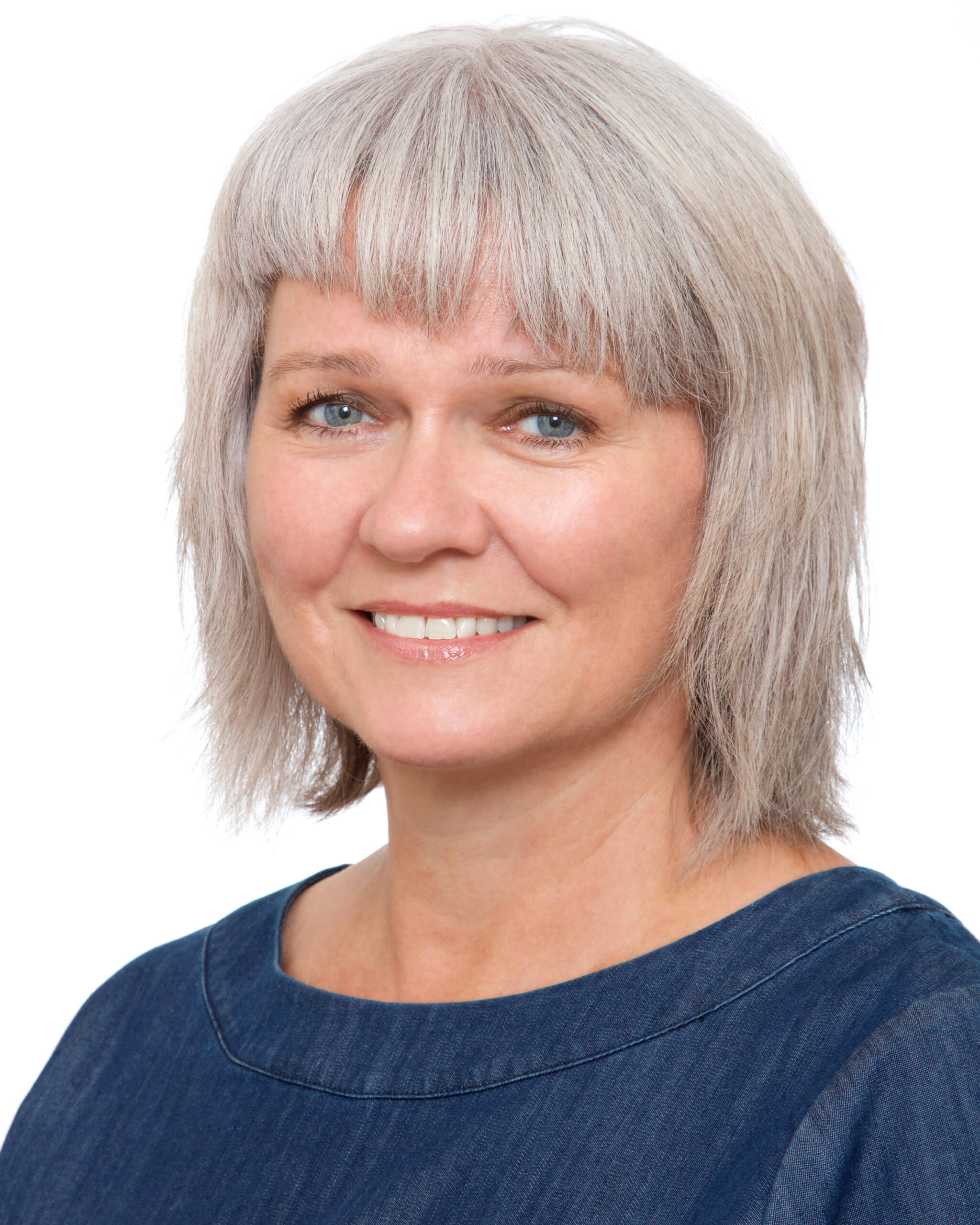
Colette Fagan
University of Manchester
See Biography
Professor Colette Fagan, FAcSS, Vice-President for Research, is responsible for leading and implementing The University of Manchester’s research and doctoral training strategy. She is incoming chair of the Russell Group’s PVC-Research Group, and serves on the editorial board of The Conversation the N8 research partnership Senior Executive Group and the UUK/JISC Content Negotiating Strategy Group. She co-authored the British Academy’s 2016 report Crossing Paths: Interdisciplinary institutions, careers, education and applications. Colette’s research and policy impact focus is employment, working conditions and job quality; including gender inequalities and international comparative analysis. She is an elected Fellow of the UK’s Academy of Social Sciences in recognition of her research standing.
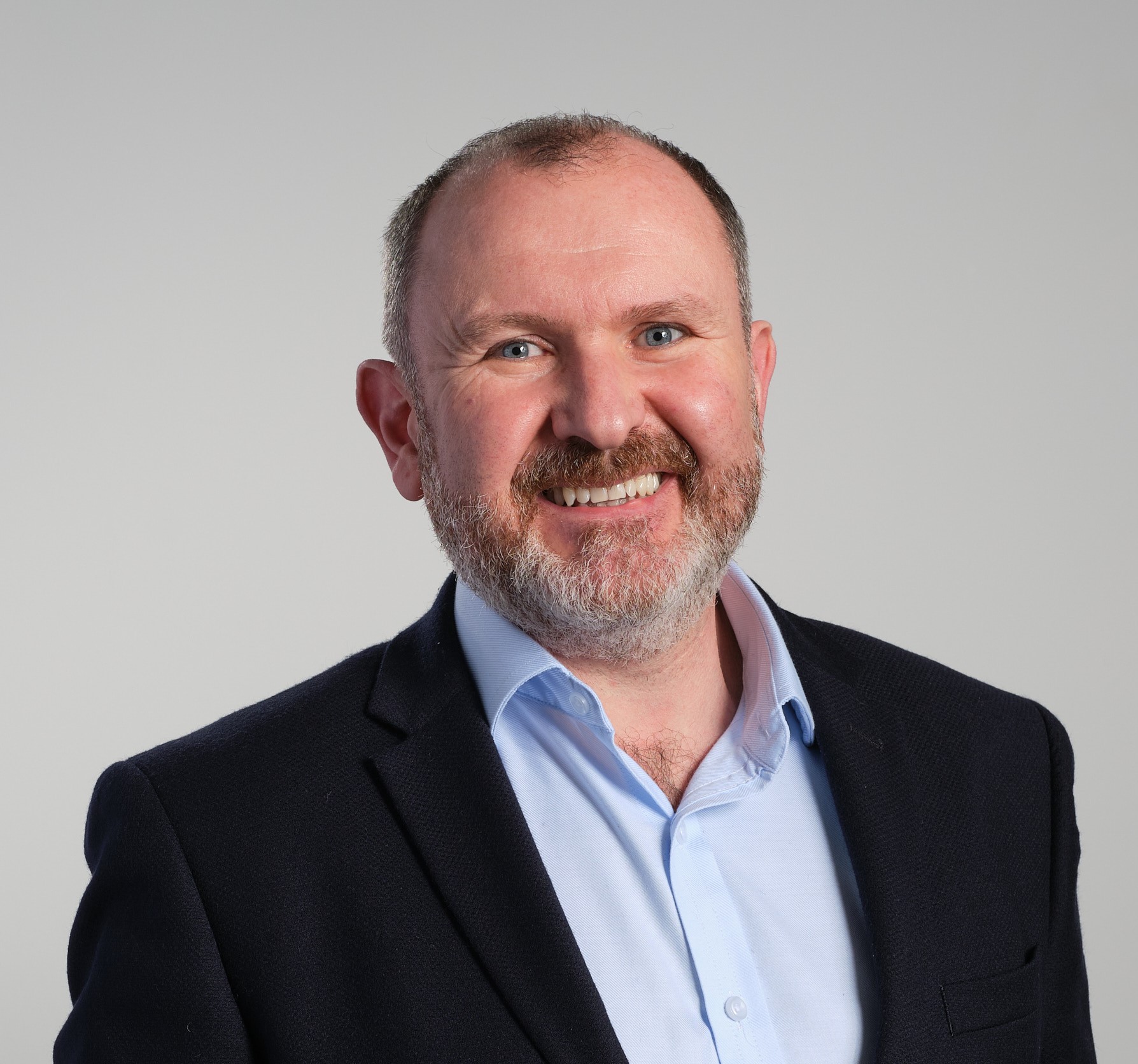
Liam Earney
Jisc
See Biography
Liam Earney is the Executive Director of Digital resources at Jisc since August 2019. He is responsible for Jisc’s licensing, open research, content & discovery services for further and higher education and research. This includes services such as Jisc Collections, Chest, Library hub, JUSP and SHERPA which collectively save UK universities and colleges over £100 million per annum.
Liam is also the executive leadership team lead overseeing Jisc’s strategy to support members’ research and innovation activity.
Previously Director of licensing at Jisc, with a responsibility for the units undertaking the licensing and negotiation of agreements for digital content and software on behalf of UK universities and further education colleges. Overseeing the evolution of Jisc’s approach to the negotiation of open access agreements, in particular how Jisc could best support the sector achieve its aims around pure gold, hybrid and green open access.
14.20
Plenary 1.2 – Societies and the three-legged stool
Society finances are often thought to rest on a three-legged stool, where publishing is complemented by event and membership income. Publishing revenues have been under pressure for years. In partner-published societies, the inclusion of journals in big deals means shrinking revenue and a loss of transparency, while at the same time independent society publishers have struggled to sell single subscriptions in a market where the majority of funds are directed at big deals. Society approaches to OA, however, are driven by the needs and preferences of their members and therefore many societies are embracing OA and aiming to transition away from subscription revenues. In practice this has meant independent society publishers implementing new models, working with consortia as well as agents and introducing entirely new workflows and metadata to manage deals, in a very short space of time. By contrast partner-published societies have been swept along by their partners, usually with a further loss of visibility and control over their own titles.
Then 2020 arrived, bringing with it a global pandemic, and the other two legs of the society stool became as unstable as publishing revenues. Societies were unable to deliver their usual events, and thus lost the new members who would usually sign up for those events. In the UK the government pressed ahead with a hard Brexit but delayed decisions until the last possible moment, leaving societies, like everyone else, to scramble for a response. The question must be asked: How might societies and institutions better work together to properly support the scholars who rely on both sides?
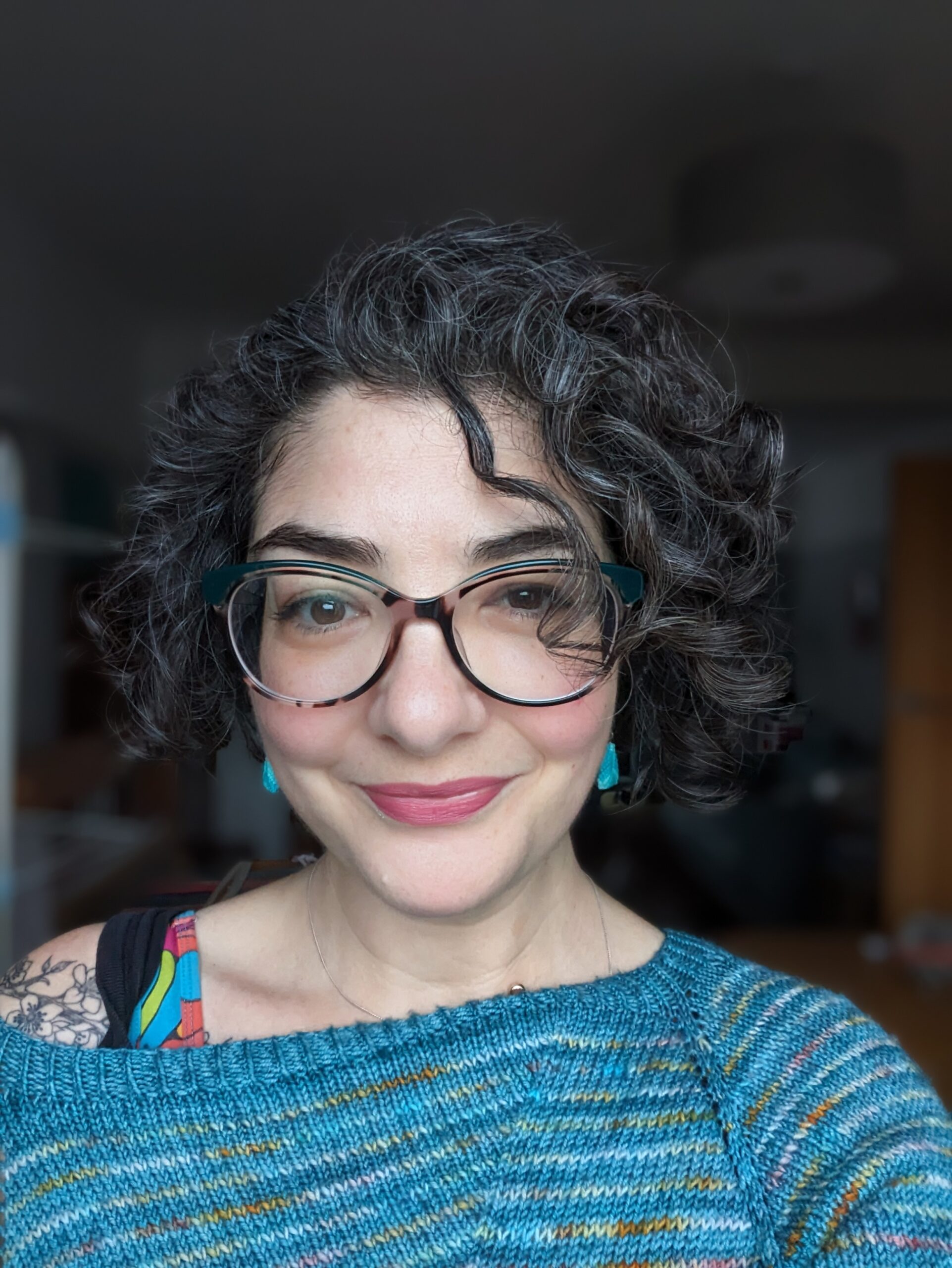
Tasha Mellins-Cohen
Mellins-Cohen Consulting
See Biography
Tasha Mellins-Cohen, Executive Director at COUNTER Metrics and Founder of Mellins-Cohen Consulting, joined the scholarly publishing industry in 2001. She has held roles within learned societies and commercial publishers across operations, technology, editorial and executive functions, while donating time to key industry initiatives and bodies such as UKSG, ALPSP and STM. In 2020 she started consulting in response to requests for help in developing and implementing OA business models in not-for-profit groups. In 2022 she stepped up from volunteer to Director at COUNTER Metrics, the standard for usage metrics, alongside her consulting work.
14.45
Plenary 1.3 – Innovating to meet research community needs in an ever-changing, uncertain environment
In a continually developing marketplace, an array of challenges are being addressed by publishers to meet the needs of the research community and increasing requirements of funders. Pressures and needs related to the COVID health crisis only exacerbated these.
Publishers are offering a range of sustainable business models to support Open Science and Open Access publishing. These options maintain research quality, integrity and author choice. They also assist researchers in making data FAIR (Findable, Accessible, Interoperable, and Re-usable) and support initiatives to make research more available through public libraries. This session will explore how scholarly publishers add essential value to and continue to safeguard quality, which is critical in a time of global pandemic and ‘fake science’.
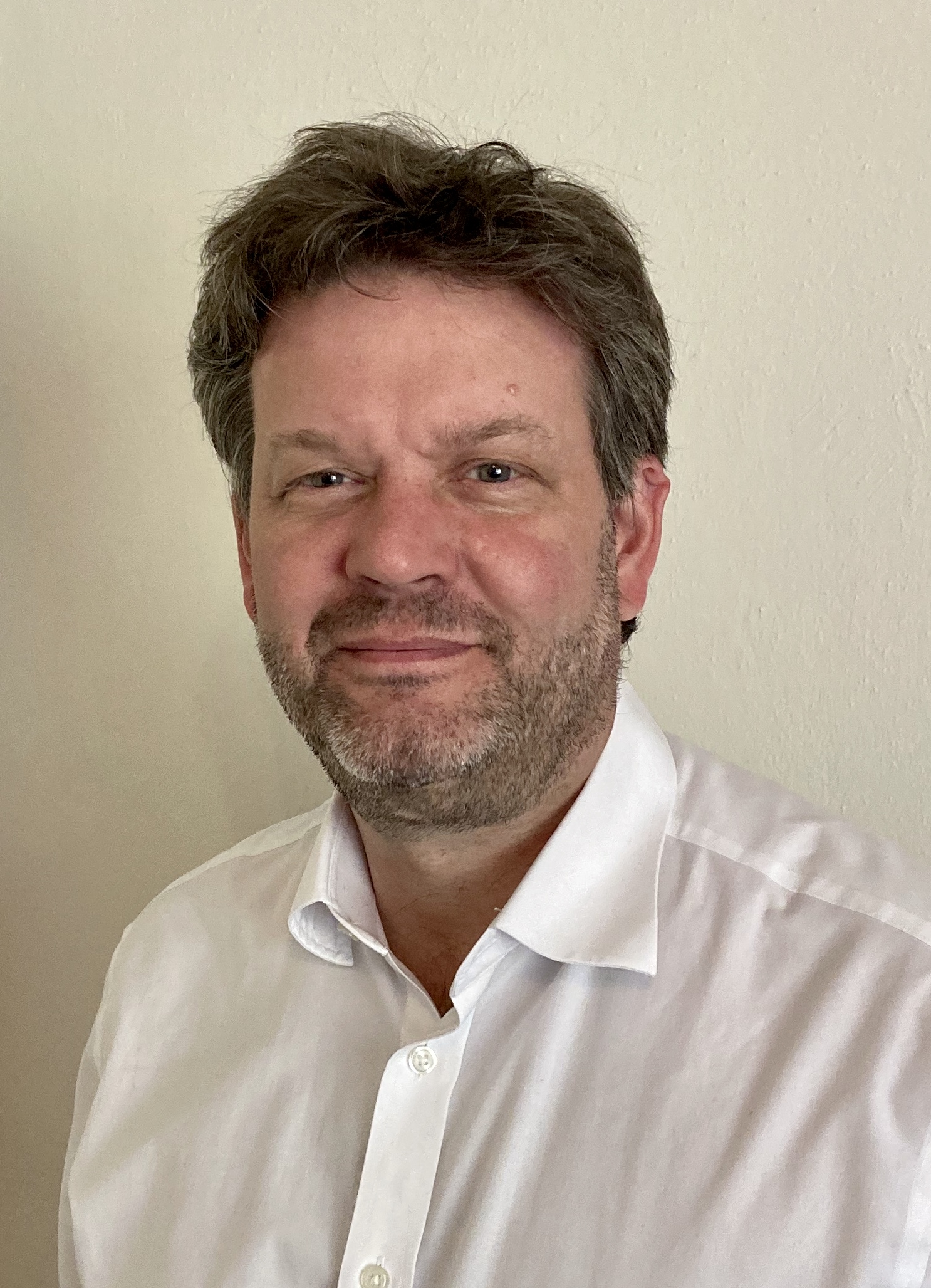
Ian Moss
STM
See Biography
Ian Moss is CEO of STM, the global trade association for scholarly publishing that represents more than 140 members, including all the major commercial publishers, learned societies and university presses. STM’s members are responsible for around two thirds of all published papers from the world of science, technology, medicine, social science and humanities.
Ian was formally Director of Public Affairs at the BPI, the British Recorded Music Industry. Before this, Ian spent twelve years in the UK Government and was a Senior Civil Servant in the Ministry of Justice as Director of Criminal Justice Strategy following roles as Head of Strategy in the Department for Work and Pensions, Principal Private Secretary at the Cabinet Office, Head of Technology and Innovation at HM Treasury and Head of Broadcasting Regulation at the Office of Telecommunications. His full biography can be found here (link to: https://www.stm-assoc.org/about-stm/whos-who-at-stm/).
15.10
Plenary Session 1: Live Q&A
Lorraine Estelle will host a live Q&A session with plenary speakers:
- Colette Fagan, The University of Manchester
- Liam Earney, Jisc
- Tasha Mellins-Cohen, Mellins-Cohen Consulting
- Ian Moss, STM
15.45
Breakout Sessions Live Q&A: Group A (part two)
Join our breakout speakers for a live question and answer session
16.00
Exhibition
Take the opportunity to visit our online interactive exhibition, browse around and speak directly to our exhibitors.
17.00
Social Activity: Quiz night
Join your peers for some conference social fun! Our legendary quiz night has gone online so grab a drink and a snack and join our quiz host Mark Hester to test your trivia knowledge. Please register your attendance here
Kindly Sponsored by Overleaf

Time
Programme
Speakers
09.00
Breakout Sessions: Group B
More details on individual speakers can found the under Breakout Session Group B tab.
** ALL TIMINGS ARE BST **
09.30
Chair Yoga with Poppy
Kindly Sponsored by AIP Publishing
11.30
Lightning Talk Group B – OA Switchboard: a mission-driven practical solution, that thrives on collaboration
When it comes to implementing multi-lateral OA publication-level arrangements, funders, research institutions and academic publishers are faced with a myriad of systems, portals, processes and (commercial) service providers. This has impact on the realisation of policies and agreements, progress in developing new business models, and from a researcher perspective this landscape is at best confusing and at worst impenetrable.
OA Switchboard, the central information exchange hub, is a global and industry-wide initiative, where funders, institutions and publishers work together to achieve transparency (authoritative data), inter-operability and cost-control through essential infrastructure (open source) and API’s), standards and back office services.
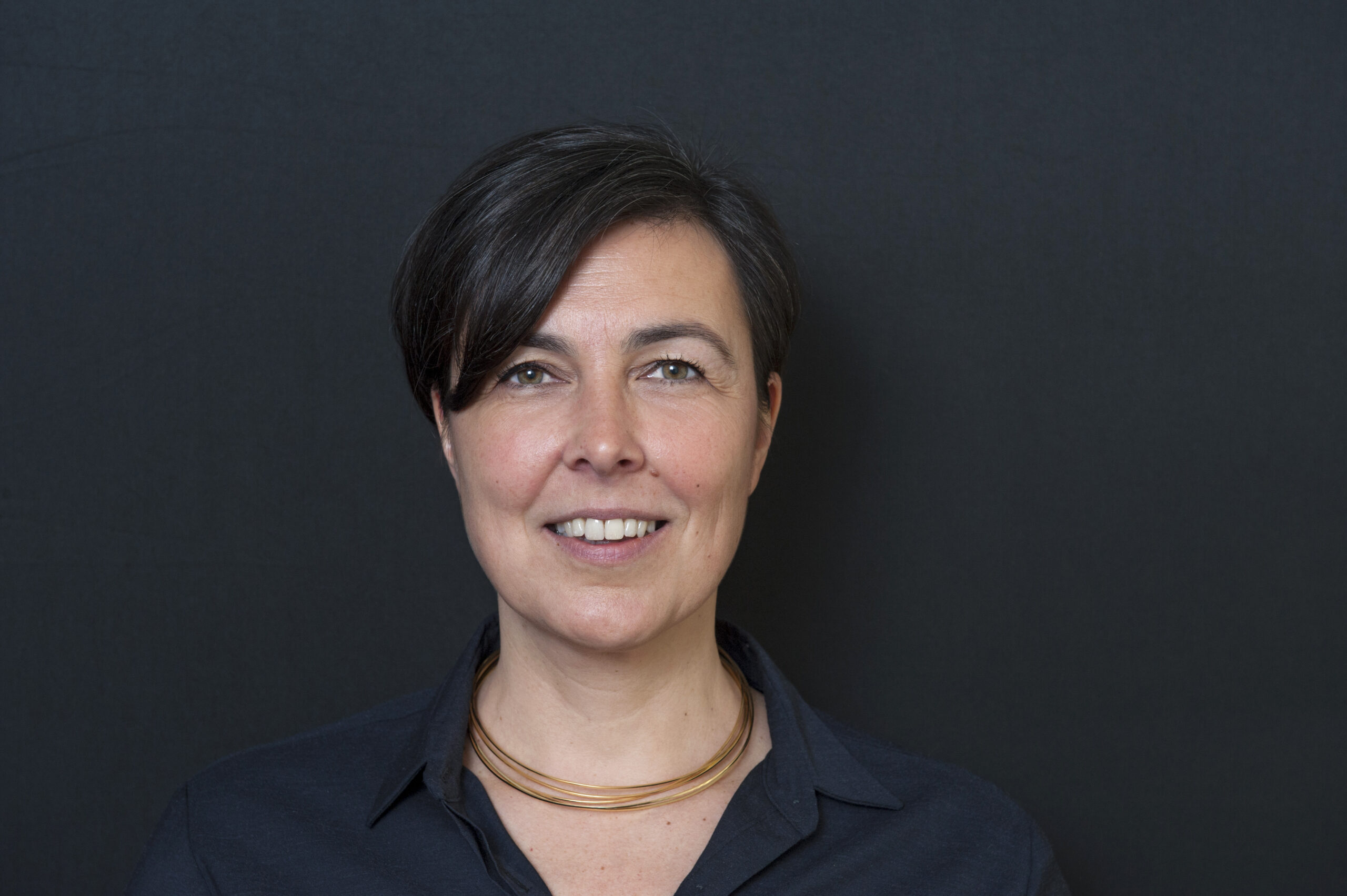
Yvonne Campfens
Stichting OA Switchboard
See Biography
Yvonne Campfens holds a MSc Econometrics degree from University of Amsterdam, and has worked in academic publishing and related service sectors for 30 years (Elsevier, Swets Subscription Services, Bohn Stafleu van Loghum/Springer Media, Springer Nature). She was involved in collaborative and workflow solutions like ASA model licenses (1999), ALPSP Learned Journal Collection (2004) and TRANSFER Code of Practice (2009). In 2018, she started her own consultancy business, and has been involved with OA Switchboard since 2019. In 2020 she was appointed Executive Director of Stichting (‘foundation’) OA Switchboard.
11.41
Lightning Talk Group B – Open Access Books: How to Find, Acquire, and Use Them
Over 30,000 open access academic books are now cataloged in the Directory of Open Access Books. This is, however, a subset of the titles becoming available thanks to increased funding, in both the US and Europe. Many are of extremely high quality and from well-known as well as innovative new publishers. Because library vendors struggle with the business model, there are obstacles for libraries in trying to acquire these titles. This session will explore the changing landscape of OA ebooks and describe successful strategies adopted by libraries to add them to collections, support their publishing, discovery, and use. Many libraries are interested in supporting open access, but they are challenged by both budgetary issues and workflow exceptions. This session will provide a manageable and pragmatic way forward for academic libraries of all sizes. The speakers will share how their institutions are supporting open access book publication while also adding valuable new resources for their campus communities — free of the familiar use restrictions that are so frustrating to librarians when working with ebooks.
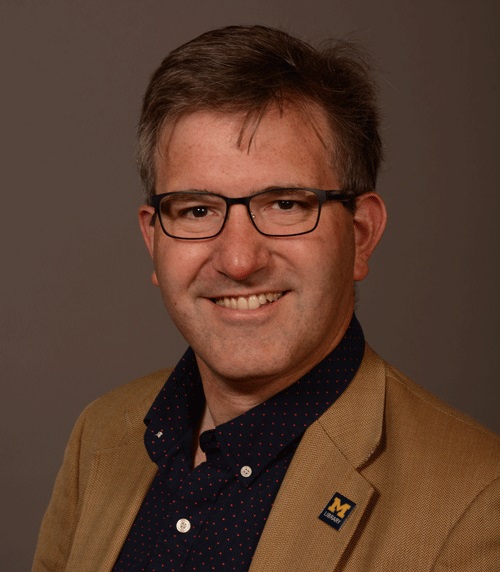
Charles Watkinson
University of Michigan Library
See Biography
Charles Watkinson is Associate University Librarian for Publishing at the University of Michigan Library and Director of University of Michigan Press. He previously worked at Purdue University and the American School of Classical Studies at Athens. UMP is a leading publisher of OA books, which it presents through its open-source platform, Fulcrum. Find out more at fulcrum.org/michigan
11.49
Lightning Talk Group B – Charismetrics: winning researcher hearts and minds with the Research Intelligence service at Lancaster University
Lancaster University’s Research Intelligence service launched in early 2019, and has gone from strength to strength, allowing opportunity to collect a staff award along the way. Joanne will detail the organic approach that was taken towards service design, how engagement from the research community was cultivated and relationships built and managed. She will share how this translated into bibliometric services, the analyses and reports that currently serve researchers at Lancaster University, and how the service will pro-actively plan for the future.
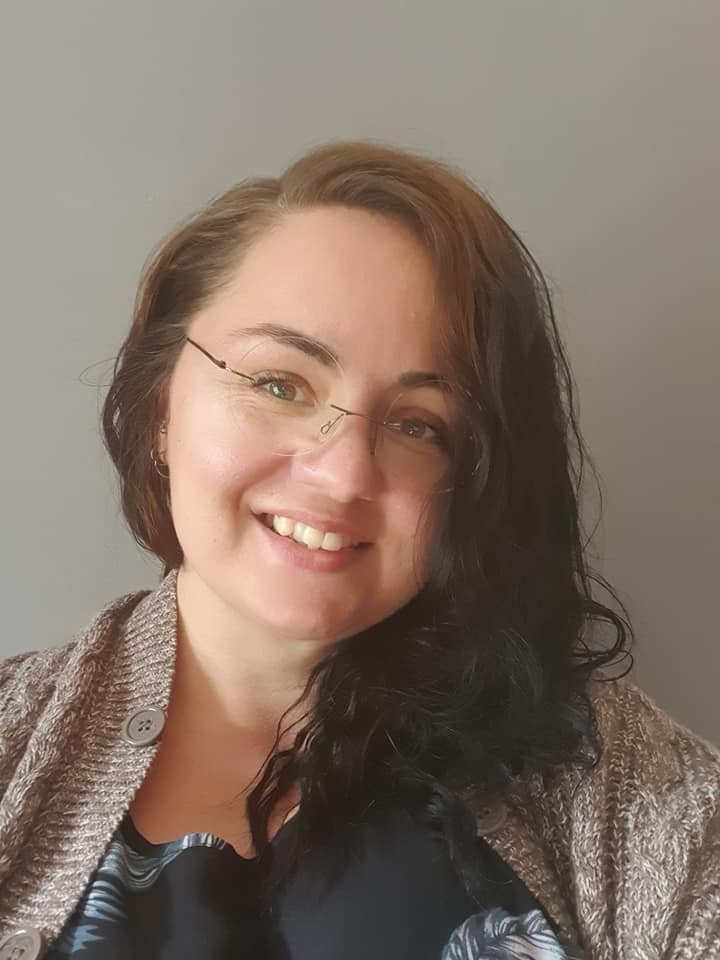
Joanne Fitzpatrick
University of Lancaster
See Biography
Joanne is Research Data Manager at Lancaster University, UK, where she contributes to both the Research Data and Research Intelligence Services. She has delivered the Research Intelligence Service, which focuses on bibliometric analysis and researcher training, since its beginnings in 2019 and has recently re-launched Data Conversations, a pioneering Lancaster University programme of researcher training, in an online format. She graduated with an MSc Information Science from Northumbria University in 2019 and won Lancaster University’s International Impact Award 2020 for her work with world rankings.
12.00
Exhibition
Take the opportunity to visit our online interactive exhibition, speak to direct to our exhibitors.
12.00
Breakout Sessions Live Q&A: Group B (part one)
Join our breakout speakers for a live question and answer session
12.00
Poster Sessions
Visit our lightning speakers in an interactive poster session, where they will be available to talk more in depth and answer your questions.
14.00
Plenary Session 2.1 – For an inclusive global flow of scientific information
Scientific research fulfillment as a humanity global enterprise requires an inclusive and equitable communication infrastructure capable to deal with geographic, cultural, multilingual and thematic diversity. SciELO Network of 17 nationally operated collections of selected Open Access peer reviewed journals represents a major effort towards an inclusive global flow of scientific information. In 2021, it indexes, publishes and interoperates over 1200 journals which communicate pure and basic research covering most of the disciplines with a high coverage of local, national and regional topics and target audiences. This presentation will share SciELO advances, challenges, barriers, and lessons learned on the globalization of research communication.
Abel Packer
Director SciELO Program
See Biography
Abel Packer co-founded the Scientific Electronic Library Online (SciELO) in 1998, a Brazilian research infrastructure program and international cooperation program committed to the advancement of scientific research and communication through the Open Access indexing and publication of a network of selected collection of quality peer-reviewed journals operating in 17 countries. Currently he is Director of SciELO. He is also Project Coordinator at the Foundation of the Federal University of São Paulo (UNIFESP) and former Director of the Latin American and Caribbean Center on Health Sciences (BIREME/PAHO/WHO). Abel has a MLS with extensive experience in information science, librarianship, information technology, and information management.
14.24
Plenary 2.2 – In a Time of Global Challenge Open Access Policy in CMAPH
Within the topic, it mainly introduces how CMAPH responded to the pandemic in a Time of Global Challenge. CMAPH as the most numerous, influential, and authoritative medical journal publication in China have established a series of policies toward to pandemic and Open Access in 2020. We have implemented “manuscript fast-track flow” policy, established a COVID-19 Academic Research Communication Platform with Chinese and English version, and all articles published in the platform applied open access policy. By doing all these attempts, CMAPH is going to maintain its strategy on priority publication, academic quality, and to be more involved in global activities and collaboration. In the topic, we also intend to discuss the challenges to Chinese Sci-tech Periodical, and how OA publishing developed in CMAPH.
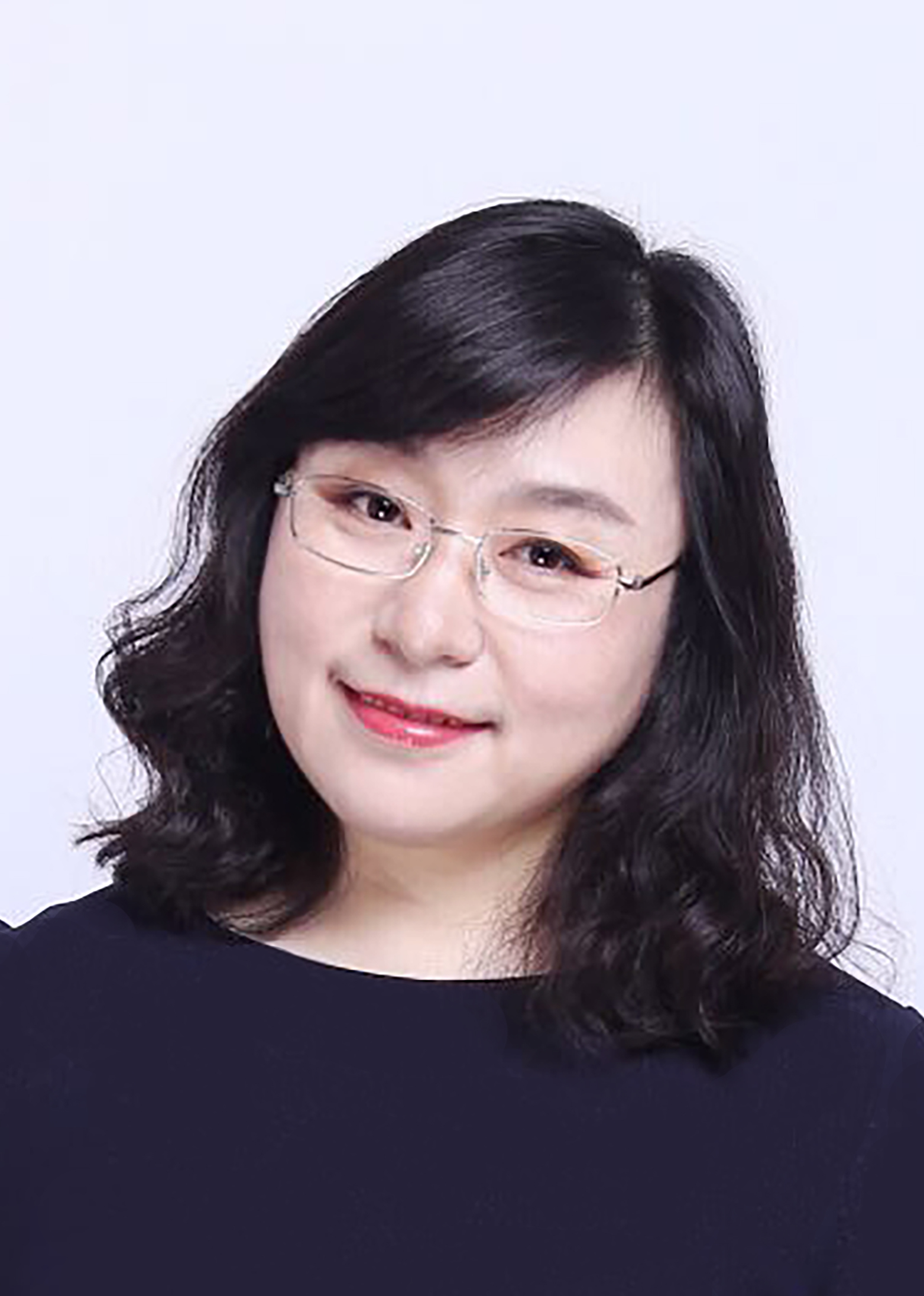
Yang Pan
Chinese Medical Association Publishing House
See Biography
Yang Pan is the Director of Marketing & Public Relation Department of CMAPH, and the Managing Director of the CMA Journal《Maternal-Fetal Medicine》. She started as the editor of Chinese Edition of BMJ in CMAPH since 2001, and devoted to the publishing industry for nearly 20 years. With rich experience, she had completed a series of funded programs of China Association for Science and Technology(CAST), such as” Brand Building of Chinese Sci-Tech Periodicals”, ”International Influence Promotion Project”. During the COVID-19 pandemic, as the committee member, she took part in building up the “COVID-19 Academic Research Communication Platform” and publishing the special issue of COVID-19 in Chinese Medical Journal. Moreover, she has supported CAST to initiate Chinese Science Journals to join the COVID-19 database which is built by WHO, further Conducts Active International Cooperation
14.50
Plenary 2.3 – The evolving scholarly publishing process in Africa
Frederick Ato Armah
University of Cape Coast
15.15
Plenary Session 2: Live Q&A
Colleen Campbell will host a live Q&A session with plenary speakers:
- Abel Packer, SciELO
- Yang Pan, Chinese Medical Association Publishing House
- Frederick Ato Armah, University of Cape Coast
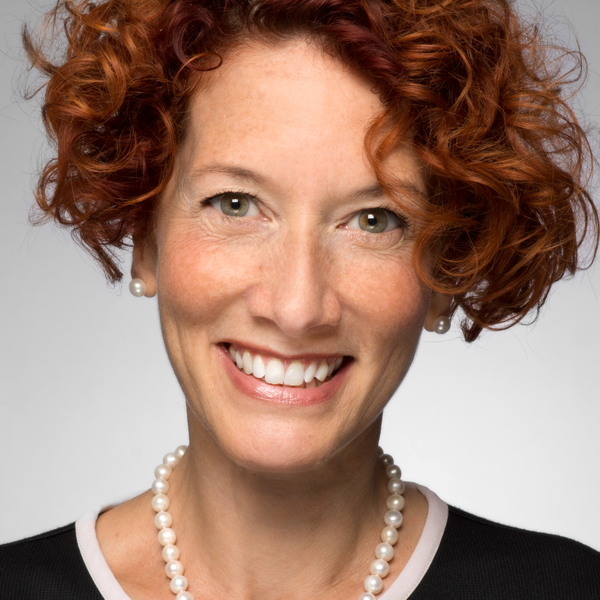
Colleen Campbell
Max Planck Digital Library
See Biography
Ros Pyne is Global Director, Research and Open Access at Bloomsbury Academic. She has worked in open access policy and strategy roles for over a decade and has a particular interest in bringing OA to long-form scholarship and to the humanities. Ros sits on the advisory boards for the OAPEN OA Books Toolkit and the Mellon-funded Book Analytics Dashboard Project and is co-author of several papers on open access books.
Colleen Campbell is strategic advisor for external engagement at the Max Planck Digital Library (MPDL). There she coordinates two open access initiatives: the Open Access 2020 Initiative, a global alliance of research organizations and their libraries that are repurposing their investments in subscriptions to support open access publishing, and the ESAC Initiative, a library community of practice building capacities around transformative and open access publishing agreements. She is a member of the LIBER Open Access Working Group and serves on the Managing Board of EIFL, a not-for-profit organization that works with libraries to enable access to knowledge in developing and transition economy countries.
15.45
Breakout Sessions Live Q&A: Group B (part two)
Join our breakout speakers for a live question and answer session
16.00
Exhibition
17.00
Social Activity: Tuesday social
Join us in the UKSG Lounge for the Tuesday social to network and catch up with old friends and new (5pm til 6pm) – see you there!
Time
Programme
Speakers
10.00
Introduction to Day 3
10.00
Publishing Open Access
ACS Publications recently completed a series of technical enhancements and changes to its integrated Open Access management workflow to improve the user experience for authors and administrators.
This presentation covers the key elements of the advancements made to the process in detail, from submission to approval, and from acceptance to publication, exploring the efforts to enable institutional affiliation standardization and the major changes to the Journal Publishing Agreement for ACS’s OA Read + Publish agreements. This session will also provide a useful overview of the OA token management process for colleagues considering exploring a Read + Publish agreement with ACS.
Rhonda Lands
ACS Publications
10.10
IEEE Update for UKSG
This presentation will provide insight to IEEE’s customer commitment in these challenging times as well as new directions in Open Access publishing and institutional partnerships.
Judy Brady
IEEE
See Biography
Judy H. Brady is the IEEE Area Manager for Europe with primary responsibility for IEEE’s Institutional customers. Judy has been with IEEE for more than 25 years and in the marketing and public relations field for more than 35 years working primarily for not-for-profit companies and in the STM area. In her time with IEEE Judy has been responsible for the marketing of education and training resources, IEEE books, and since 1997, IEEE’s online collections with an ever-increasing emphasis on open access publishing. She holds a BA in Journalism and Communications from Rutgers University, NJ, USA.
10.20
Case “Sales in Russia”
Comprehensive information about the work process between MA Group AG and international publishers on the Russian market. Representatives of Russian company and partner of MA Group AG in Russia, which is 100K20, will talk about the difficulties of entering the foreign market and ways to solve them, what are the pitfalls and how overcome them. He will show schematically how the sales system of international publishers’ resources works in Russia, and present the packages of services that are offered to publishers within the joint work.
Matthias Aicher
MA Group AG
10.25
The Future of Online Books at Oxford University Press
Oxford University Press is preparing for a major step in our online offering this year. This presentation explores the move of our major research books collections to the Oxford Academic platform, currently the home of our journals. With this move, Oxford Academic will become the home of academic research from OUP.
Tanya Laplante
Oxford University Press
10.35
It’s 2021 – where are all the robots?
Where are all the robots? A brief survey of robotics: current and future.
Michael M. Lee
Editor, Science Robotics
10.50
Primary source literacy: Tools for empowering students with critical thinking skills
Introducing Research Methods Primary Sources
Ellie Davey Corrigan
Adam Matthew Digital
11.00
Advantage User Interface Evolution
Dan Heffernan
AdvantageCS
11.10
Library hub Cataloguing service
An overview of the relaunched Library Hub Cataloguing service, its benefits, utitlites, and how to access the service.
Bethan Ruddock
Jisc
See Biography
Bethan works for Jisc, as part of the Library Hub and NBK team. She has particualr interest in bibliographic metdata.
11.20
Annual Reviews – Subscribe to Open developments
Brief overview of Annual Reviews, including progress with Subscribe to Open (S2O)
Mark Greene
Annual Reviews
See Biography
Mark Greene is the Manager of Sales, Partnerships & Initiatives at Annual Reviews where he is responsible for the sales and distribution of Annual Reviews journals across Europe. Based in the UK, Mark joined Annual Reviews in 2017 to foster better collaboration with our European librarian colleagues. Most recently Mark has been involved in implementing the Subscribe to Open model for Annual Reviews across Europe
11.30
How Simplifying a Site’s User Registration and Login Delivers More ‘Known’ Visitors
Overview of CONNECT, a free Identity Management Service for the industry that’s designed to reduce anonymous site traffic and make users more inclined to engage with publishers and societies, for a stronger and more valuable scholarly community.
Eleni Lialiamou
VP, Product Management Atypon
11.40
Accessibility and Complex Digital Resources
Bloomsbury publishes a suite of digital resources including Drama Online, Bloomsbury Fashion Central, Human Kinetics Library and Screen Studies which are remarkable for their diversity of content types. Encyclopedias and book chapters are combined with play texts, image collections, video, audio and interactive tools to form immersive subject-based resources. This range of content types presents challenges for ensuring accessibility compliance beyond those required for standard eBook or journal platforms. I will outline the recent work we have done to ensure our platforms are accessible to all kinds of users, and the challenges we have identified in our future roadmap.
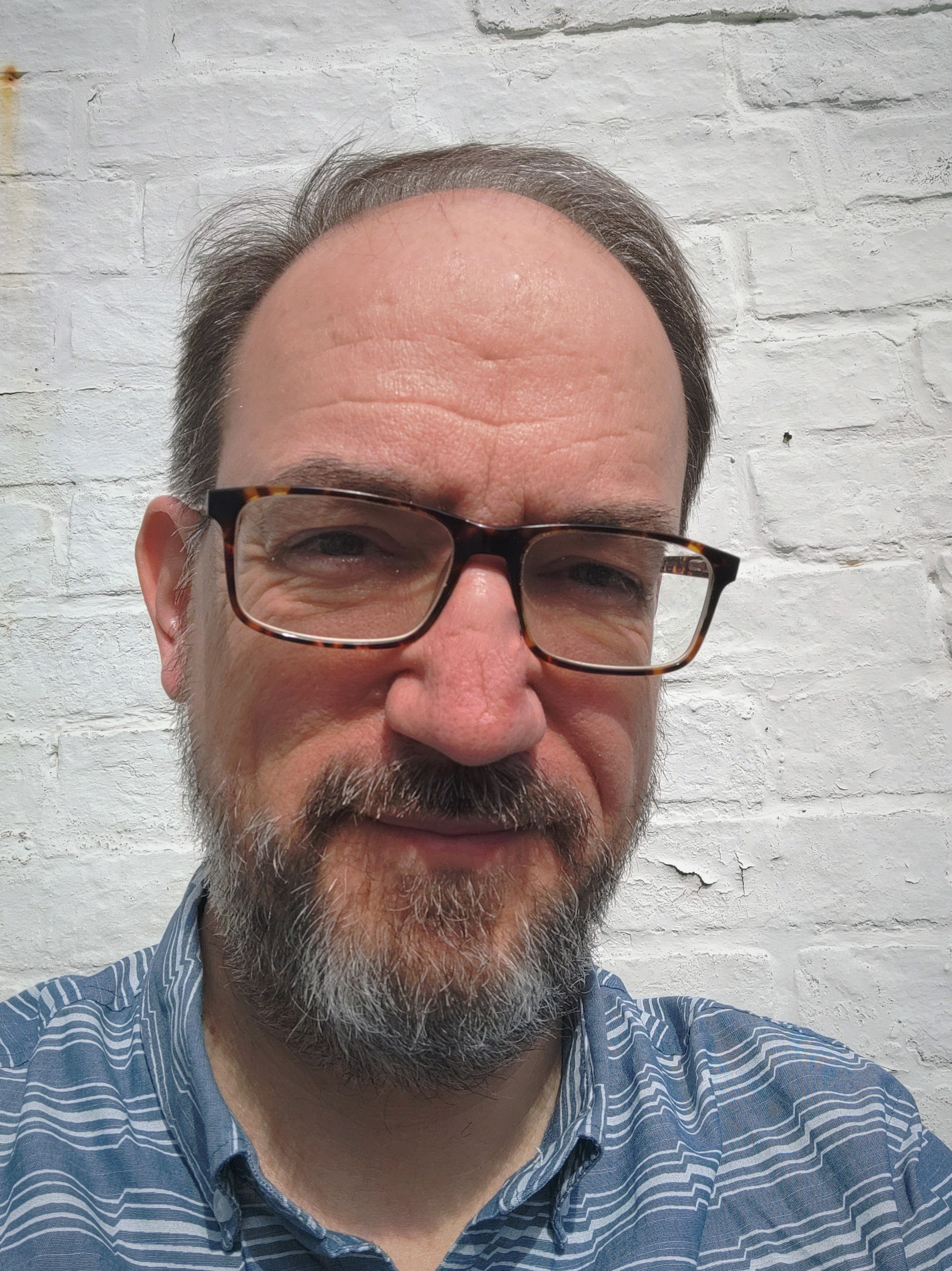
Matt Kibble
Bloomsbury Digital Resources
See Biography
Matt Kibble is Director of Product Management for Gale’s academic databases, with responsibility for Gale Research Complete, the OneFile suite of aggregated periodical databases, specialist resources in Literature and Business Studies, and for areas such as Discovery and Usage. He has been working in this field for more than 20 years, primarily in specialist Arts and Humanities resources: prior to Gale, he helped set up and manage the Bloomsbury Digital Resources division, and before that managed Arts and Literature databases and historical archives at ProQuest.
11.50
Digital Textbooks – A Brief History of the Higher Education from Cambridge University Press (HE) Website
Join us for a short presentation about the development of the Higher Education from Cambridge University Press (HE) Website, an update about useful features and functionality developed since launch in August 2020, development of Cambridge Spiral our offline reading app, the steps we’re taking to ensure content is accessible to all, and how we’re planning to develop the website in months to come.
Kerr Alexander
Cambridge University Press
12.00
Get Up to Speed and Stay Up to Date: user responses to discovery via diverse content in ScienceDirect
This is a brief presentation of user reactions via surveys, case study, and usage patterns to the integration of book and reference content with journal and other serial content on ScienceDirect in the form of Topic Pages.

Gwen Evans
Elsevier
See Biography
Gwen Evans is VP of Global Library Relations at Elsevier. Previously, Gwen spent seven years as Executive Director of the state agency/library consortium OhioLINK. She held the position of Associate Professor and the Coordinator of Library Information Technologies at Bowling Green State University until 2012. She has extensive experience with all types of academic libraries including consortia. Her recent publications include an Ithaka S+R issue brief co-authored with Roger Schonfeld, It’s Not What Libraries Hold; It’s Who Libraries Serve: Seeking a User-Centered Future for Academic Libraries” and “Creating Diversity in Libraries: Management Perspectives” in Library Leadership & Management with Mihoko Hosoi and Nancy S. Kirkpatrick.
12.10
Introducing EBSCO Academy
In this video we will present EBSCO Academy, our one-stop learning portal in EBSCO Connect.
It is designed to help our customers increase their knowledge about EBSCO’s products and services.
EBSCO Academy gives you access to:
• eLearning paths – register for an EBSCO Connect account and design your own curriculum, personalized for you.
• Instructor-led courses – join our Customer Training team as they walk you through learning more about our products and services with live and on-demand courses.
• Recorded videos – engage on your own time and at your own speed with our short instructional videos.
Níall McMahon
EBSCO Information Services
12.20
Using Digital Tools to Bring Archives into the Classroom
Chris Houghton from Gale, A Cengage Company will be showing how Gale have developed Gale Digital Scholar Lab to meet the needs of teachers who want to bring archives and digital analysis into their classrooms.
Chris Houghton
Gale, A Cengage Company
12.30
Uncomfortable Questions about Open Access
Open Access/Open Science has become integral to the Karger strategy as we help stakeholders with their OA ambitions and strive toward a sustainable OA transition. But the industry’s transformation to more openness faces obstacles. We examine some of these challenging hurdles – and some potential solutions
Beth Bayley
Karger Publishers
Séverine Maes
Karger Publishers
12.40
Build a library that works for every researcher…even in times of uncertainty
Academic libraries are facing tough choices. You’re not only required to do more with less – less budget, time and resources – you’re also managing the constantly changing demands of faculty, students and researchers in a very uncertain environment. As the necessity for online resources soars in support of remote learning, academic libraries are under pressure. That’s why many are finding renewed value in multi-format, multi-disciplinary subscriptions.
Find out how you can work with ProQuest to maximize your budget and drive better research, teaching and learning outcomes, even while facing an uncertain future.
Mark Ayling
ProQuest
12.50
How Does SAGE Support Today’s Libraries?
SAGE Publishing sponsorship presentation: an overview of how we can help and can offer our library partners during these strange times, as well as what makes us different as a publisher.
Karen Philips
SAGE Publishing
13.00
Publishing in the Pandemic
The dissemination of, and access to research has never been more vital. During the COVID-19 pandemic, we have seen significant growth in the submission and readership of content.
As a responsible publisher, we continue to adapt and accelerate our publishing output to ensure the latest research, evidence and data is as discoverable as possible.
This poster session explores what this looked like in the UK, and within a global context.
Catherine John
Springer Nature
13.00
Publishing in the Pandemic
The dissemination of, and access to research has never been more vital. During the COVID-19 pandemic, we have seen significant growth in the submission and readership of content.
As a responsible publisher, we continue to adapt and accelerate our publishing output to ensure the latest research, evidence and data is as discoverable as possible.
This poster session explores what this looked like in the UK, and within a global context.
Catherine John
Springer Nature
13.10
Challenging thinking in book publishing
At Taylor & Francis, we want an open and equitable research communications ecosystem which protects, amplifies, and democratizes trusted knowledge. We believe open research is the most efficient and impactful way to advance research and share knowledge that enriches lives. In order to achieve this vision, we are challenging thinking about publishing and exploring how it might work differently. In this presentation we present two recently launched initiatives that really shift the boundaries of book publishing: Open Books Data Sharing Policy and Open Plus Books.
Anna Clarkson
Taylor & Francis
13.20
Showcasing industry-leading analytics tools from VitalSource to demonstrate the impact of eTextbooks on Learning Outcomes in Higher Education
Discover how learning analytics can predict and boost outcomes through early intervention and improved learning behaviour.
Digital transformation is expensive and pressure to demonstrate a return on investment is higher than ever. Through case studies and research we demonstrate how universities are leveraging the learning data from their digital programmes to add value through a) student intervention strategies and b) effective learning behaviour.
We explore:-
– how engagement with digital course materials can impact on student success
– the value provided by eBook analytics in providing specific diagnostics on students’ performance
– how these diagnostics can drive effective learning behaviour
Philip Rees
VitalSource
13.30
Wiley Digital Archives
Following on from the UKSG webinar, The importance and use of digital primary sources in teaching and research, an overview of the Wiley Digital Archive programme and platform.
This poster session explores what this looked like in the UK, and within a global context.
Peter Foster
Wiley
13.40
British Library On Demand
A brief over view of how the British Library and the On Demand service have worked throughout the Covid pandemic and a glimpse at the Library’s future plans and an opportunity for more collaborative work.
Samantha Tillett
The British Library
13.50
Round up and Close of Conference

Andrew Barker
Lancaster University
See Biography
Andrew Barker has been Director of Library Services & Learning Development at Lancaster University since September 2019. Prior to that he held a number of senior roles within diverse university libraries, including the University of Liverpool and Liverpool John Moores University. Andrew was Chair of UKSG between 2018 and 2022, and has been Vice-Chair of SCONUL since December 2021.
14.00
Exhibition
Take a final opportunity to visit the online interactive exhibition, speak to directly to our exhibitors. Exhibitors will be here to answer your questions following Wednesday’s programme of presentations. .
Registration
Tuesday, December 10, 2019 – 00:00 GMT – Wednesday, September 16, 2020 – 00:00 BST
£ 475.00
+95.00 VAT
UKSG Member
UKSG Member – £475.00 +VAT (total £570.00)
£645.00
+129.00 VAT
Non-Member
UKSG Non-Member – £645.00+VAT (total £774.00)
NB: UKSG reserves the right to alter or vary the programme due to events or circumstances beyond its reasonable control without being obliged to refund monies.
Contact
For any queries
Sponsorship queries – Beatrice Palombo Fumey, Marketing Manager, Content Online, +46 (0)72-253 62 99; beatrice@contentonline.com
General queries – events@uksg.org
Exhibition queries – Karina Hunt at KHEC – karina@khec.co.uk /telephone 07900 165948
Cancellations
The closing date for cancellations is Friday 1st March at 5pm GMT, after which date cancellations will not be eligible for a refund. Cancellations should be sent into writing to events@uksg.org
The UKSG code of conduct can be found here
The General UKSG booking terms and conditions can be found here

















